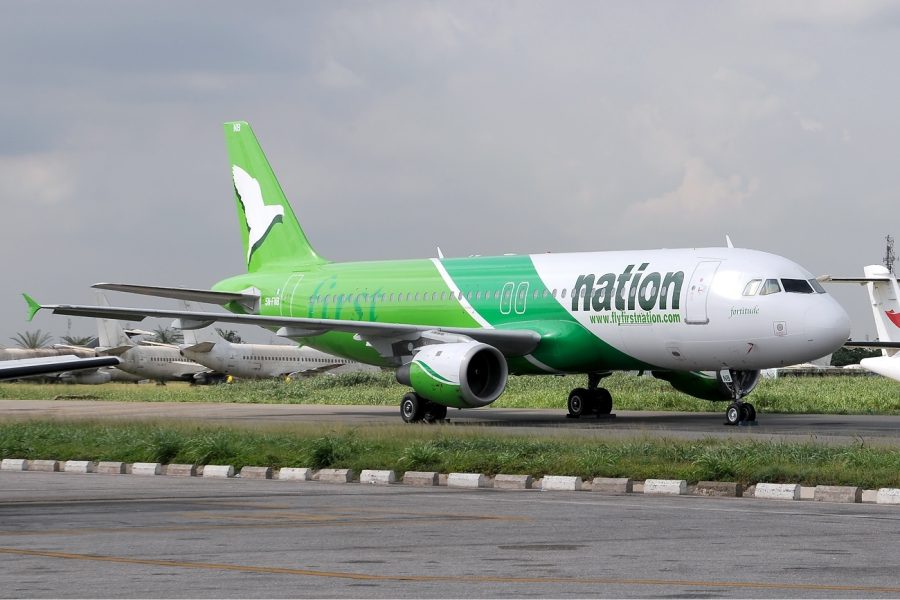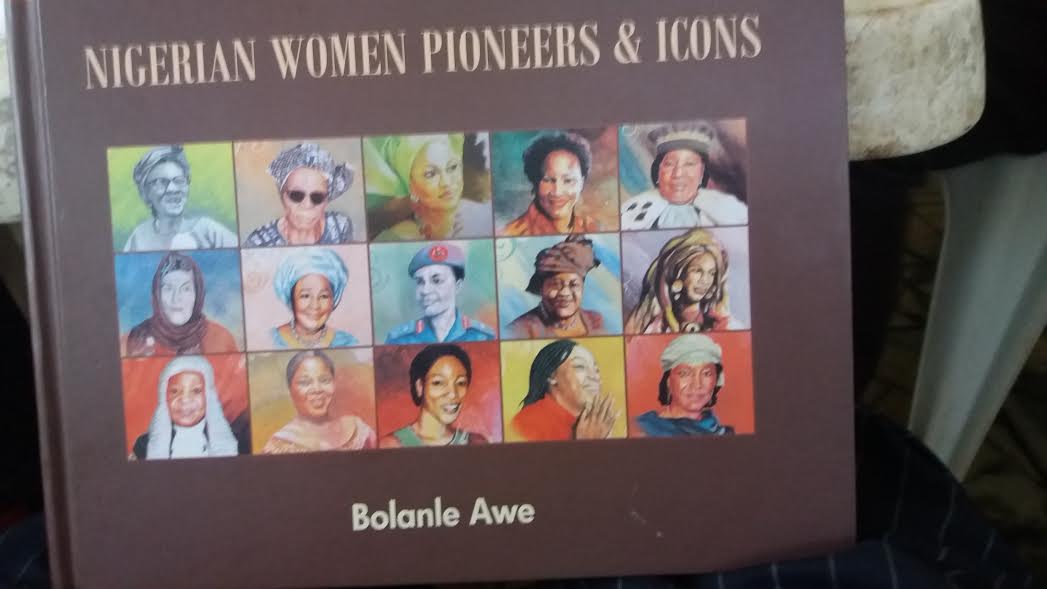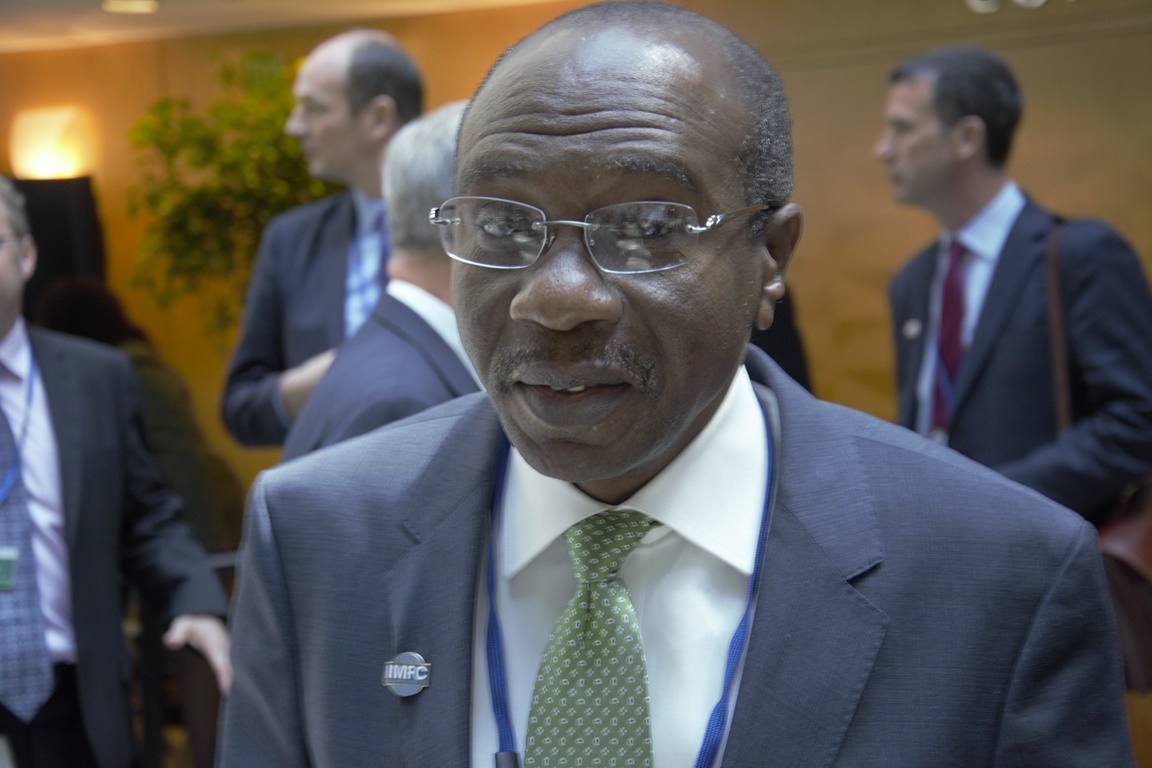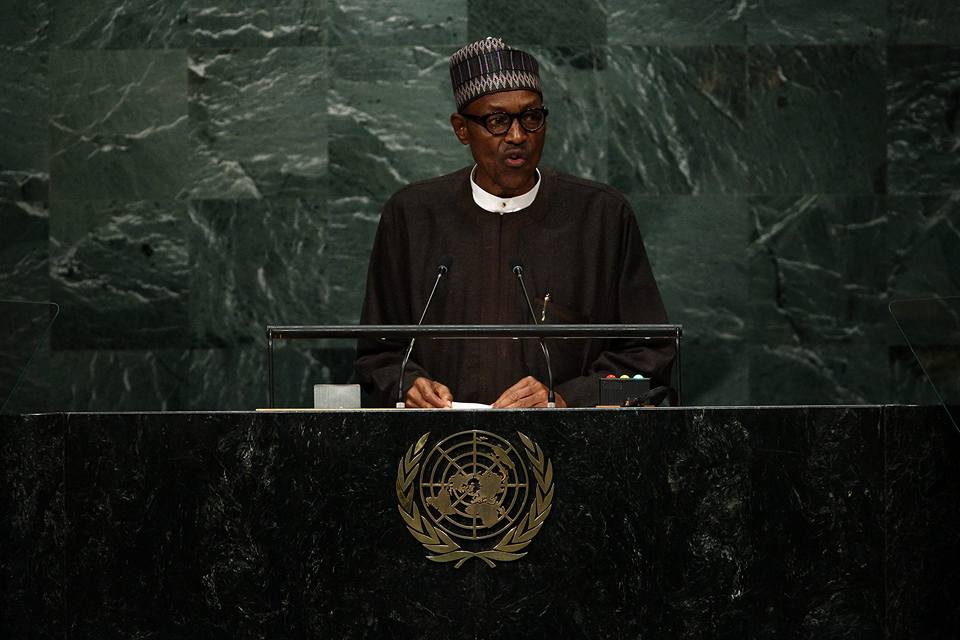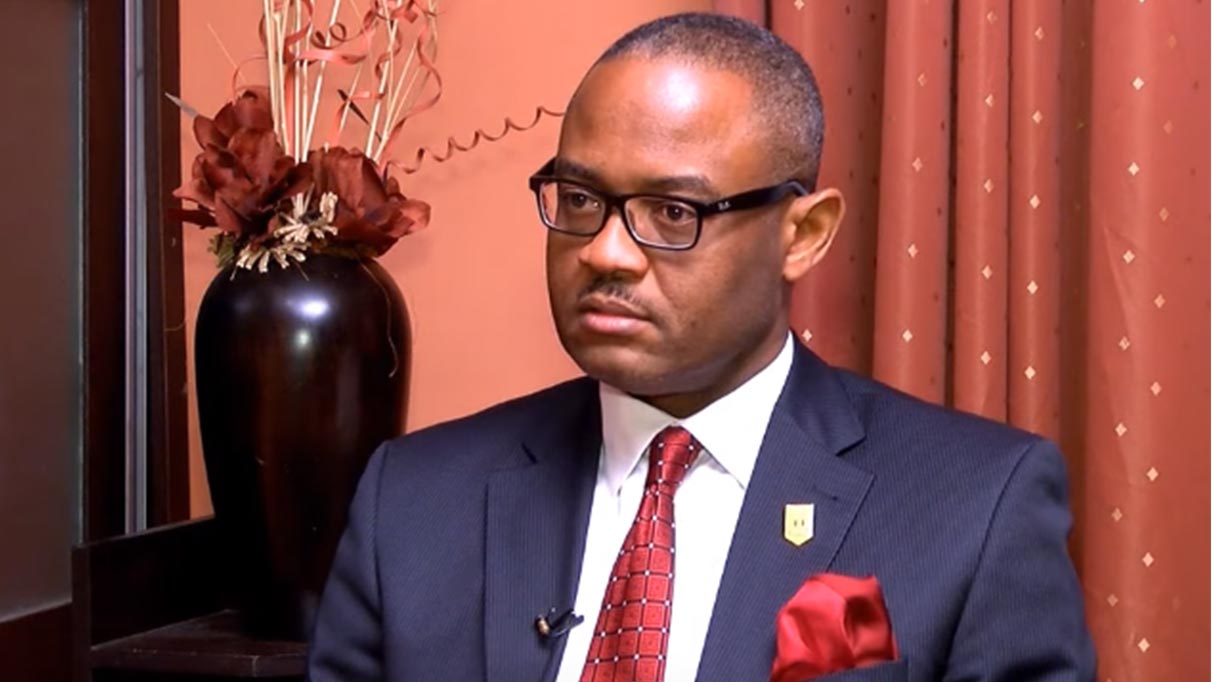BY DEJI ADEYANJU
The 24-hour suspension of operations by Arik Air is an evidence of how the current administration is destroying the aviation industry, and the Nigerian economy.
Though Arik is back, Aero and FirstNation are yet to resume operations. It is very telling that since the commencement of this administration, the aviation industry has been plagued by low passenger traffic, scarcity of aviation fuel (high prices of aviation fuel where it is available) and heavy taxes.
The challenges reflect the cumbersome processes that mar the aviation industry and various other aspects of doing business in Nigeria.
Advertisement
It is important to note that some of these processes pre-date this administration. However, Nigeria currently wallows in the middle of a recession into which this administration has plunged us and as such it bears the responsibility of resolving issues relating to these processes.
Indeed, several of these issues are within government’s control and it can take several steps to mitigate the effects of these issues. It will be in the best interest of the aviation industry, and of all Nigerians, for government to resolve these issues as a step towards boosting passenger traffic and reflating the aviation sector.
One of such issues relates to the heavy taxes imposed on airlines plying the various local and international routes in Nigeria. For instance, last week, the cheapest flights available on the Abuja-Lagos route were:
– Dana Air
Advertisement
Date/Time: 1955Hrs, 14/09/2016
Price: NGN 23,400 (7,759)
Taxes: N732
Sales Tax N732
Advertisement
Govt Surcharge N6295
Representing 33.1% of the total cost of the ticket
– Medview Airlines
Advertisement
Date/Time: 1400hrs, 14/09/2016
Price: N24650
Advertisement
Taxes: N13150
The airline did not give a breakdown of what constitutes these taxes.
Advertisement
Representing 53.3% of the total cost of the ticket
On the cheapest flight on the popular Lagos-London route:
Advertisement
– Arik Air
Date/Time: 1200hrs, 15/09/2016
Price: N299,726
Taxes N91,622
The airline did not give a breakdown of the components of these taxes
Representing 30.5% of the total cost of the ticket
These examples of ticket prices show how high the taxes levied on airline operators in Nigeria are and show that these taxes contribute significantly to the skyrocketing costs of flights on local and international routes in Nigeria.
Another issue is the high cost of aviation fuel. The “devaluation of the naira” has led to an increase in the price of aviation fuel from N110 per litre to as much as N400 per litre.
When combined, these issues have resulted in high ticket prices which have in turn resulted in low passenger traffic as people seek alternative means of transportation elsewhere.
In this situation, it would be wise for the Buhari administration to consider implementing a number of reforms designed to increase passenger traffic which would in turn increase spending within the sector which will in turn reflate the sector.
These include:
– A reduction in the number and percentage of taxes imposed upon airlines in the sector. Ghana has implemented a reduction in taxes in a bid to take advantage of the Nigerian situation and drive traffic towards Ghana. This has resulted in several airlines moving their operational bases to Ghana.
– Working with oil marketers to ensure the availability and lower prices of aviation fuel. A reduction of these costs would enable lower costs of operations which would in turn result in lower prices and increased consumer spending within the sector. Again as an example, Ghana has just reduced prices of aviation fuel. As a result several airlines fly to Nigeria via Accra where they refuel for flights into and out of Nigeria.
The Buhari administration may also consider the option implemented by the Obama administration in the United States in 2008/09 where the US government gave financial bailouts to airlines reeling from the negative effects of a global financial crisis. If it decides to take this option, the Buhari administration must clearly stipulate conditions for accessing such bailouts which must include tenor of the loans and conditions for payback.
In conclusion, the Buhari administration can no longer sit back and watch our aviation sector crumble.
It bears the responsibility of putting together a significant set of reforms that make it easier and cheaper to conduct business in Nigeria than elsewhere in the region. Only the implementation of systemic reforms, and not lip service, would ensure that we bounce back from this recession.
God bless Nigeria.
Views expressed by contributors are strictly personal and not of TheCable.
